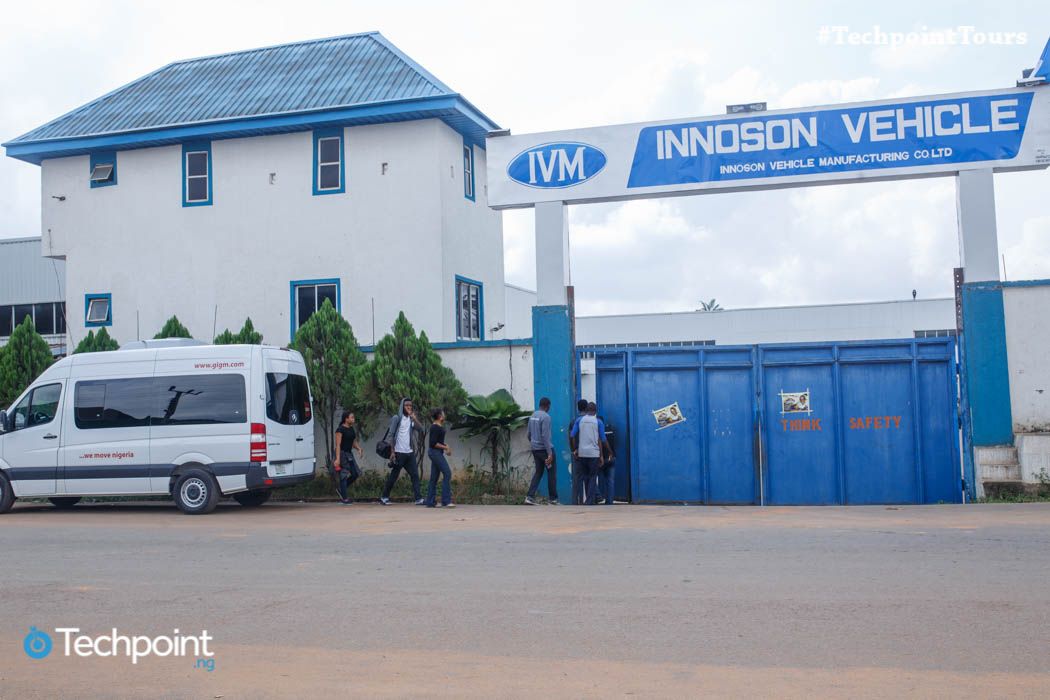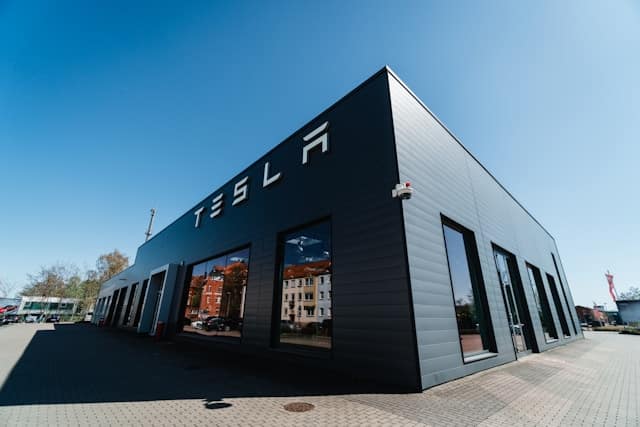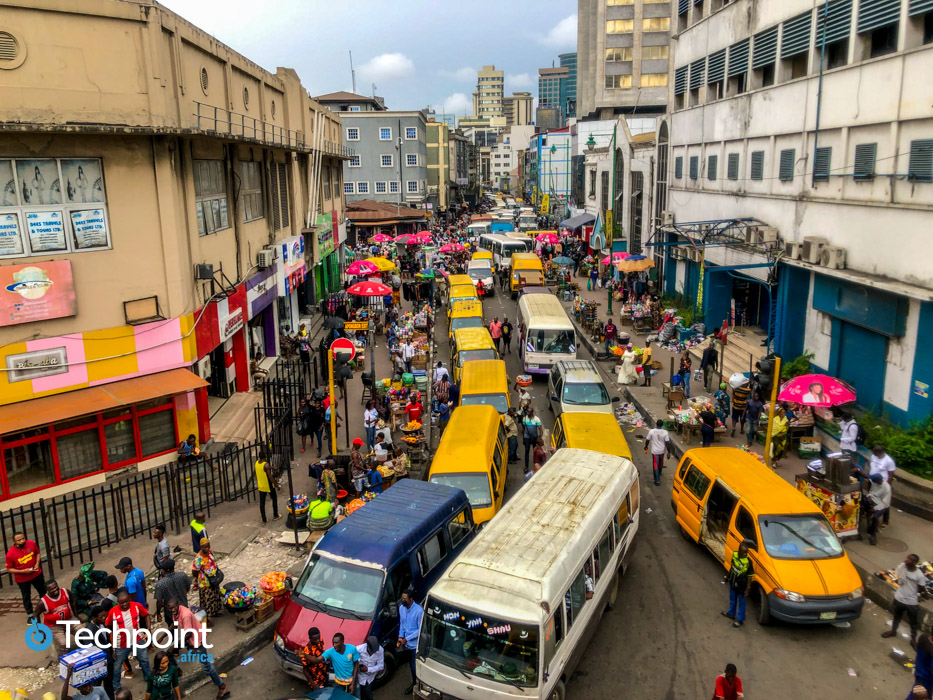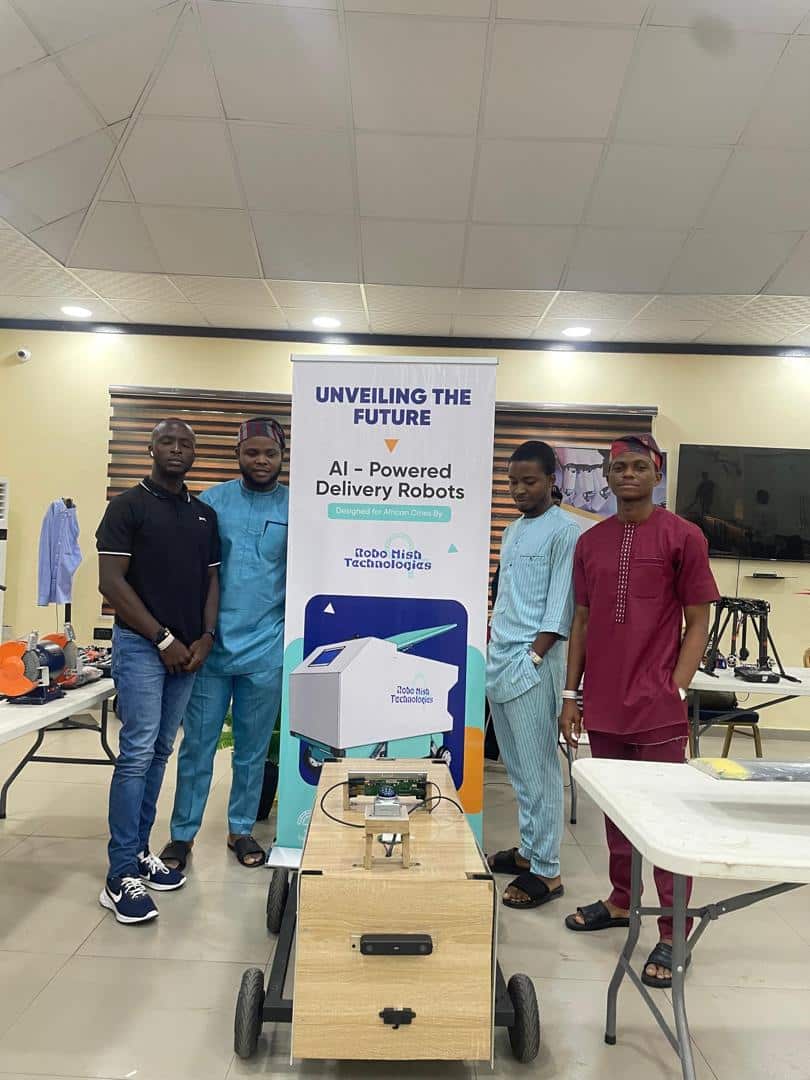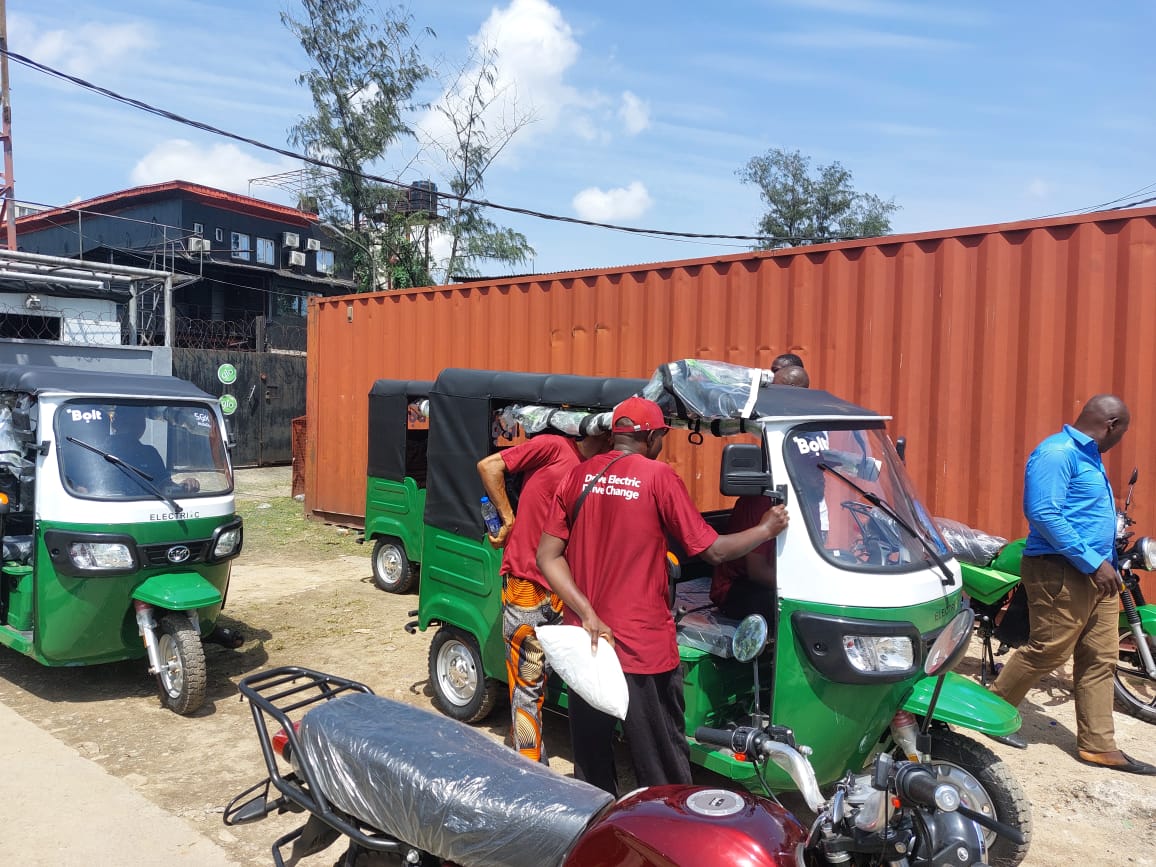- Nigerian-owned vehicle manufacturer Innoson Vehicle Manufacturing (IVM) has announced plans to establish an electric vehicle (EV) factory.
- Cornel Osigwe, the company’s Head of Corporate Communications, disclosed this on Tuesday during a discussion about the need to increase the number of cars made in Nigeria.
- He said that Innoson’s Chairman, Innocent Ifediaso Chukwuma, had finalised plans to establish an electric vehicle manufacturing plant.
Osigwe added that all the necessary parts for making electric cars are available in Nigeria.
“All the raw materials are in Nigeria. It doesn’t make sense to import battery and major components of electric car battery, which is the most expensive products of EVs. So, the Chairman has thought it wise to set up an EV manufacturing company in Nigeria so that we can be able to start producing the EV.”
Nigeria is still in the early phases of its electric vehicle adoption. Nonetheless, the nation is gaining traction in favour of EVs.
In April 2021, the National Automotive Design and Development Company inaugurated Nigeria’s first EV charging station at Usmanu Danfodiyo University in Sokoto State, North-West, Nigeria.
In June 2021, former Nigeria’s Vice President Yemi Osinbajo unveiled the Hyundai Kona by Stallion Motors, the country’s first electric vehicle.
Moreover, the government’s post-subsidy measures, which aim to mitigate the impact of the increase in petrol prices, include the shift towards electric vehicles.
In August 2022, the government signed a memorandum of understanding (MOU) with Israeli and Japanese companies to start manufacturing electric vehicles (EVs) in Nigeria.
Meanwhile, in October 2023, an American electric vehicle company, Saglev, announced plans to launch its advanced electric vehicle assembly plant in Lagos, Nigeria, later in the year.
The company, collaborating with EV manufacturers in Europe, China, and the United States, stated that it has an assembly plant in Ikorodu, Lagos, to produce vehicles to meet Nigerian environmental and road conditions.
Besides, Metro Africa Xpress (MAX), a Nigerian mobility startup, raised $31 million in a series B round to expand into Ghana and Egypt, making it the most-funded EV startup in Africa.
Because of the growing demand for low-emission transportation, MAX planned to introduce electric cars in about eight African nations by the end of 2022.
However, according to this article, industry advocates felt that the company’s objectives were too lofty in light of the high cost of EVs, unfavourable government regulations, a dearth of infrastructure for charging, high customs charges, and poor road conditions in African nations.
Switching to EVs can reduce dependency on emissions and fossil fuels, which is essential for preserving the environment, promoting public health, and enhancing air quality. It will also lead to job opportunities in the automotive, electronics, and other supporting industries.
However, Nigeria faces several obstacles to commercialising EVs, such as high upfront costs, a lack of technical know-how and infrastructure, and gaps in electricity availability and reliability.

